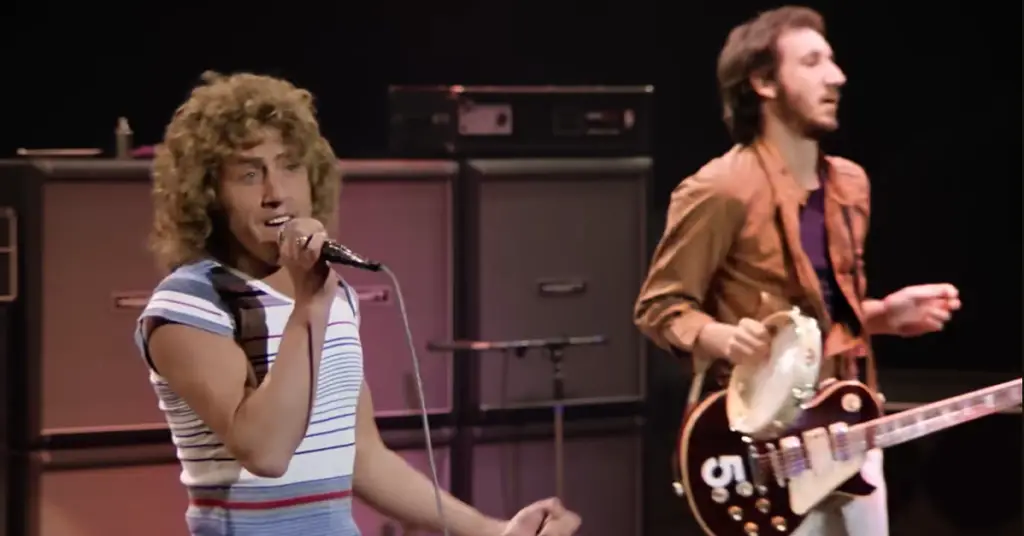The Who – Baba O’Riley: The Anthem of Teenage Wasteland
The Sound of Generations Awakening
Every once in a while, a song comes along that feels bigger than the band that created it — a piece of music that captures an era, a mood, a moment. For The Who, that song is “Baba O’Riley.”
From the first pulsing synth sequence, it sounds like the start of something monumental. The first time I heard it — those spiraling electronic notes leading into Pete Townshend’s unmistakable guitar — I remember thinking, this isn’t just rock. This is the sound of revolution.
The Origins: Spiritual Meets Scientific
Released in 1971 as the opening track of Who’s Next, “Baba O’Riley” was originally part of Pete Townshend’s ambitious, unfinished rock opera Lifehouse. The title combines the names of two of Townshend’s biggest influences: Indian spiritual teacher Meher Baba and minimalist composer Terry Riley.
Townshend wanted to fuse spirituality and technology — the human and the mechanical — and he did it beautifully. Using an early synthesizer to loop sequences inspired by Riley’s work, he built a hypnotic framework that still sounds futuristic over 50 years later.
The Lyrics: Youth, Chaos, and Hope
The song’s famous lyric — “It’s only teenage wasteland” — has often been misunderstood as cynical. But Townshend’s intent was actually hopeful. It’s about the restlessness of youth — the confusion, the rebellion, the hunger for something real.
“Don’t cry / Don’t raise your eye / It’s only teenage wasteland.”
It’s a line that still speaks to anyone who’s ever felt lost but alive — caught between the world’s expectations and their own wild heart.
The Music: Energy, Precision, and Passion
Musically, “Baba O’Riley” is pure The Who — powerful, dynamic, and perfectly balanced between chaos and control.
Roger Daltrey delivers one of his greatest vocal performances, full of grit and conviction. Townshend’s guitar cuts through like lightning, John Entwistle’s bass rumbles underneath with precision, and Keith Moon — the mad genius behind the kit — makes it all sound like the world might explode any second.
And then there’s that iconic ending — the violin solo by Dave Arbus, wild and ecstatic, turning the track into a dance of freedom.
A Fan’s Reflection
I remember hearing “Baba O’Riley” live and feeling the entire crowd rise as one. When Daltrey belted out “They’re all wasted!” the arena shook — not just from the sound, but from the shared energy of thousands of people shouting along.
It’s the kind of song that doesn’t just entertain; it connects. It makes you feel part of something larger, something alive.
The Legacy: Still Burning Bright
Decades after its release, “Baba O’Riley” remains one of rock’s greatest opening tracks — the gateway to The Who’s most powerful album and one of the most iconic songs ever recorded.
It’s been used in movies, TV shows, sports arenas, and protests — anywhere the human spirit demands to be heard.
For me, it’s more than a song — it’s a manifesto. A reminder that rebellion and beauty can coexist, and that the best rock music doesn’t age; it evolves.



Facebook Comments